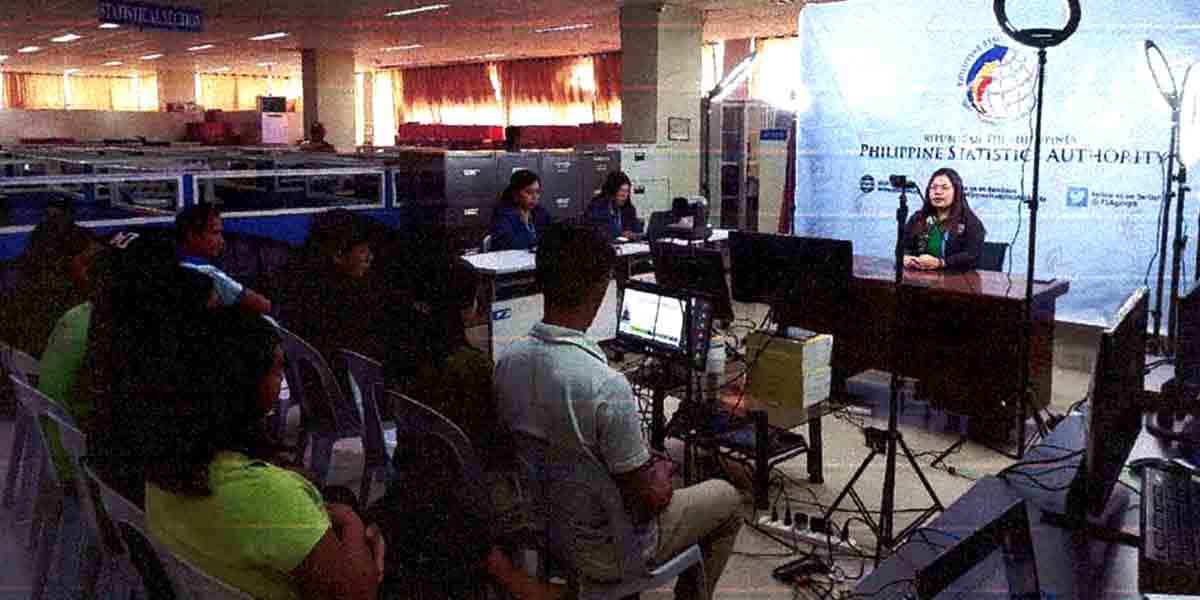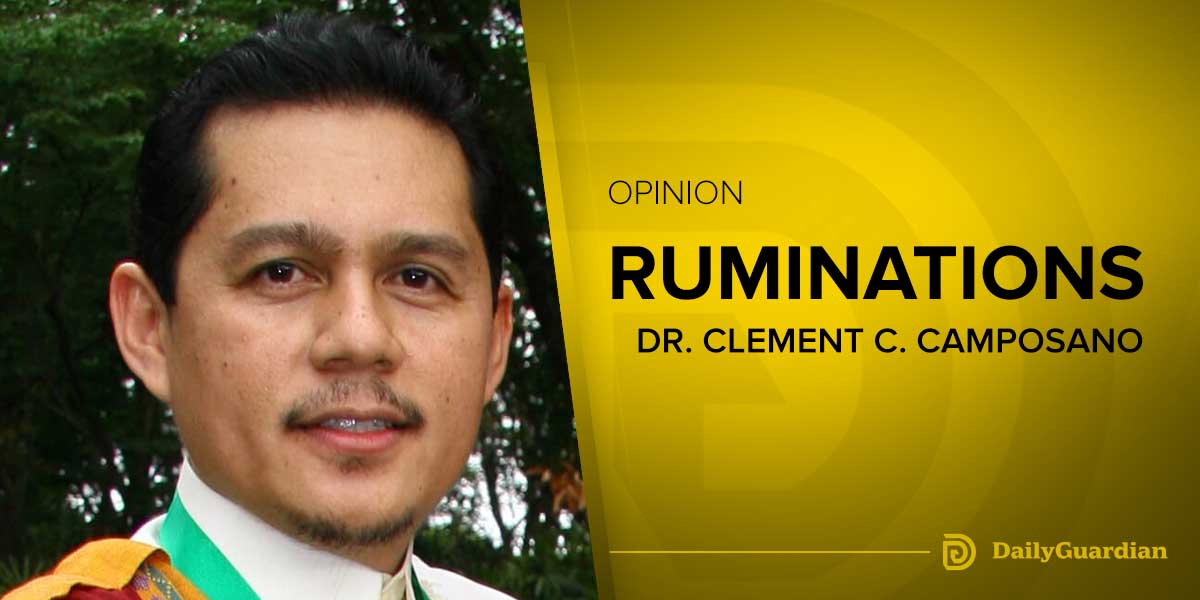 By Fr. Roy Cimagala
By Fr. Roy Cimagala
WE have to learn to distinguish among these three terms which play important and distinctive roles in our life. We have to know which one is most important to us and which ones play some secondary but helpful roles.
To start, a mediator is like a bridge that links two ends together. An intermediary tries to act like a bridge but lacks some requirements that would effectively link the two ends. An intercessor simply helps one party from one end to reach the other end.
All three agents play in our human drama of sorting out and settling our unavoidable differences and conflicts that can vary in character from the not-so-serious to the very serious, from matters of opinions only to those of core beliefs, and ultimately from the natural to the supernatural.
As social beings, we need to relate ourselves to others, first to God who is our original Father being our Creator, and then to everybody else. It’s in these relationships that we need a mediator, an intermediary and an intercessor.
Strictly speaking, a mediator can only be applied to one who can link us to God. In this relationship, we in theory would not need an intermediary, since an intermediary cannot be both God and man that can truly offer the link between the two ends of the natural in us and the supernatural end that we are supposed to attain.
In this relationship between God and us, there can only be one mediator who should be both God and man. And that could only be Jesus Christ, who is the Son of God and God himself, as well as man who was born of the Virgin Mary.
Thus, in the first letter of St. Paul to Timothy, he clearly said: “There is one God and one mediator between God and mankind, the man Christ Jesus…” (2,5) It is only Christ who is the one perfect mediator between God and us.
And that’s because he is the Son of God, the second Person of the Blessed Trinity, and therefore is a divine person. And this divine person assumed also our human nature. Thus, Christ is first of all a divine person with two natures, divine and human, a perfect bridge that links God and man.
As man, Christ adapted himself all the way to the worst condition of man that is caused by sin if only to recover man to his original dignity as image and likeness of God, a child of his and meant to share in God’s divine life. He did this ultimately through his passion, death and resurrection.
An intermediary may be resorted to in settling the differences and conflicts among ourselves, although we may loosely use the term mediator for this purpose. But let’s be cautious about intermediaries as Pope Francis warned us in his latest encyclical, “Fratelli tutti.”
The quote is as follows: “As religious leaders, we are called to be true ‘people of dialogue’, to cooperate in building peace not as intermediaries but as authentic mediators. Intermediaries seek to give everyone a discount, ultimately in order to gain something for themselves. The mediator, on the other hand, is one who retains nothing for himself, but rather spends himself generously until he is consumed, knowing that the only gain is peace.” (284)
A human mediator can only be effective if he tries his best to act like Christ.
Email: roycimagala@gmail.com




















